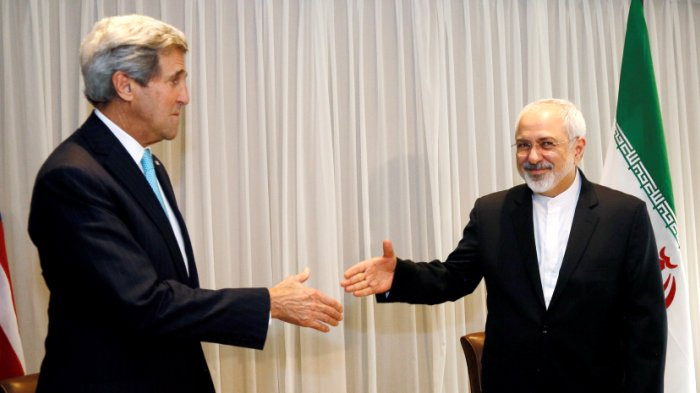Implementation, the Tougher Part of the Nuclear Deal

By: Ahmad Shirzad
In the next few days, examination of the Joint Comprehensive Plan of Action (JCPOA) will come to an end in Iran. Speaker of the Parliament's Special JCPOA Committee , Seyed Hossein Naghavi Hosseini, has announced that the committee has decided to neither approve nor reject the JCPOA. This is a correct decision on Majles' part. Since the beginning, the Iranian parliament's decision to have a say in the JCPOA was a tactical, yet necessary, move against the US Congress' active role in the nuclear deal.
Although there were unnecessary remarks made in the JCPOA committee hearings [by critics of the deal], the story is over now. Majles has made the right move in not engaging with the details of the JCPOA. On the other side, the nuclear agreement has also come to a fortunate conclusion in the US Congress.
These developments show that all in all, in both Iran and the US, there is a strong will to implement the deal. However, materializing its terms and conditions is the most difficult part . As one Iranian diplomat has stated, the West has become 'addicted' to keeping Iran under sanction and may find it painful to relent and allow Iran to enjoy its oil revenues. After all, higher revenues translate into progress, and that is an unnerving fact for hardliners in the United States. On the other hand, inside Iran, some [hardliners] may have become attuned to aimless spinning of centrifuges. Implementation of the deal and a temporary reduction of the number of centrifuges may be unendurable for them, and they may try to place pressure [on the government].
It is here that the determination of the administration and particularly the head of the Atomic Energy Organization [Ali-Akbar Salehi] comes into play. Earlier, [during the time of Khatami's presidency], when Iran agreed to voluntary suspension of its nuclear activities, some [critics of the agreement] found it unacceptable and pressed for the resumption of nuclear activities. They argued that Iranians had put so much energy in the construction of their nuclear facilities and there was no reason the centrifuges didn't operate.
The political agreement [made in Vienna] is critical, however, and as Rouhani had promised [in his electoral campaign], both the centrifuges and wheels of the Iranian economy are spinning at no expense of each other. The political determination that has brought the nuclear dossier to this point will hopefully face no problem afterwards. Despite negative vibes, officials will materialize what they have signed and committed themselves to, and with no hesitation.
* This piece was originally published in the Reformist, pro-Hashemi Arman Daily. Ahmad Shirzad is a former MP and member of the Reformist Mosharekat party. A nuclear expert himself, Shirzad has been a critic of the state's nuclear policies.
Translated and annotated by: Ali Attaran

